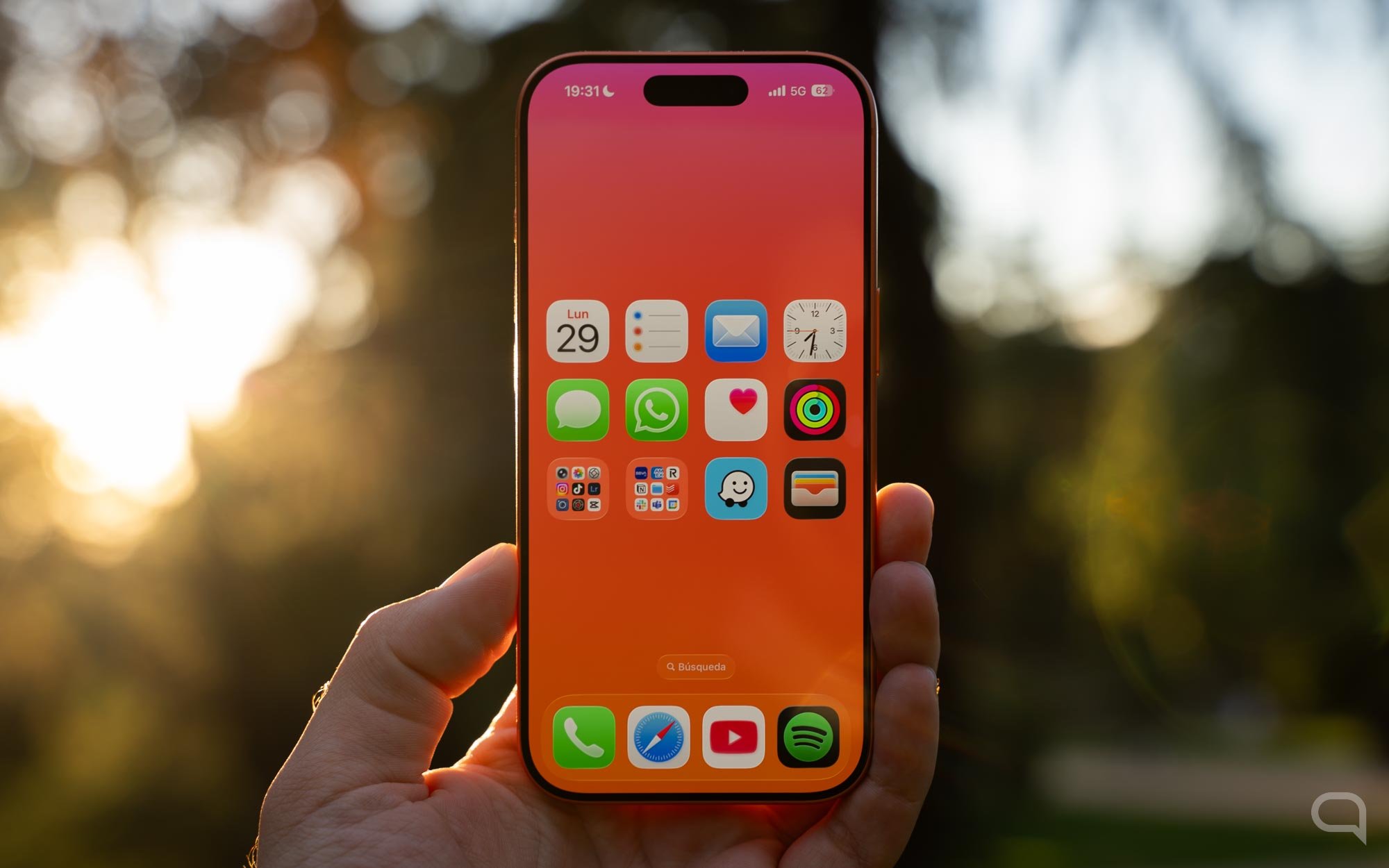Xiaomi He doesn’t stop and is already working on his next big bet: create your own mobile chips. Reportedly BloombergThe Chinese firm is looking to tap into sector giants such as Qualcomm and MediaTek to reduce dependence on third parties for hardware development.
The above-mentioned media indicate that the company intends to begin large-scale production of the new component in 2025. At the moment, specific details are unknown about the technical characteristics of the first Xiaomi mobile chip and its comparison with competitors.
The report does imply that the Asian company’s strategy is advanced enough to begin production of its SoCs next year. It will be interesting to see whether Xiaomi’s initial goal is to start using its own chip in phones produced exclusively in China, or whether the plan is ambitious enough to target the global market from day one.
Xiaomi’s entry into the mobile chip industry clearly shows that its quest to capture as large a share of the technology market as possible is not losing momentum. That being said, that remains to be seen. How this bet could affect your relationship with Qualcommwhich is one of the most important Western partners. Let’s not forget, for example, that Xiaomi 15 and 15 Pro were among the first smartphones in the world to be equipped with the new Snapdragon 8 Elite.
Why Xiaomi wants to develop its own mobile chips
At the moment, Xiaomi has neither confirmed nor denied the report Bloomberg to develop our own mobile chips. As for the company’s motivation to go down this path, the most important will be related to the possible escalation of the trade war between the US and China when Donald Trump begins his second term.
The Chinese government is reportedly asking companies in its country reduce dependence on foreign components. Xiaomi’s push to create its own mobile chips may be related to compliance with this directive. Although this will not stop there.
Developing its own semiconductors will also allow the brand to expand its plans into other important markets such as electric vehicles. Having its own chip could help Xiaomi achieve even greater integration between its mobile phones, vehicles and other devices based on HyperOS. A page that seems to have been ripped out of Apple’s book.
But despite the ambitions of Lei Jun’s team, this type of bet is not without problems. In this sense, it is noted that it has not yet been revealed which chipper will be responsible for providing foundry services necessary for the production of large-scale mobile chips developed by Xiaomi. The most logical option might be TSMKbut today this would be impossible.
This will be due to pressure from the US to prevent the Taiwanese manufacturer from working with Chinese companies. And while China’s chip foundry construction will pick up pace, it won’t yet have the technology to produce components using state-of-the-art processes.
Source: Hiper Textual
I’m Ben Stock, a highly experienced and passionate journalist with a career in the news industry spanning more than 10 years. I specialize in writing content for websites, including researching and interviewing sources to produce engaging articles. My current role is as an author at Gadget Onus, where I mainly cover the mobile section.












